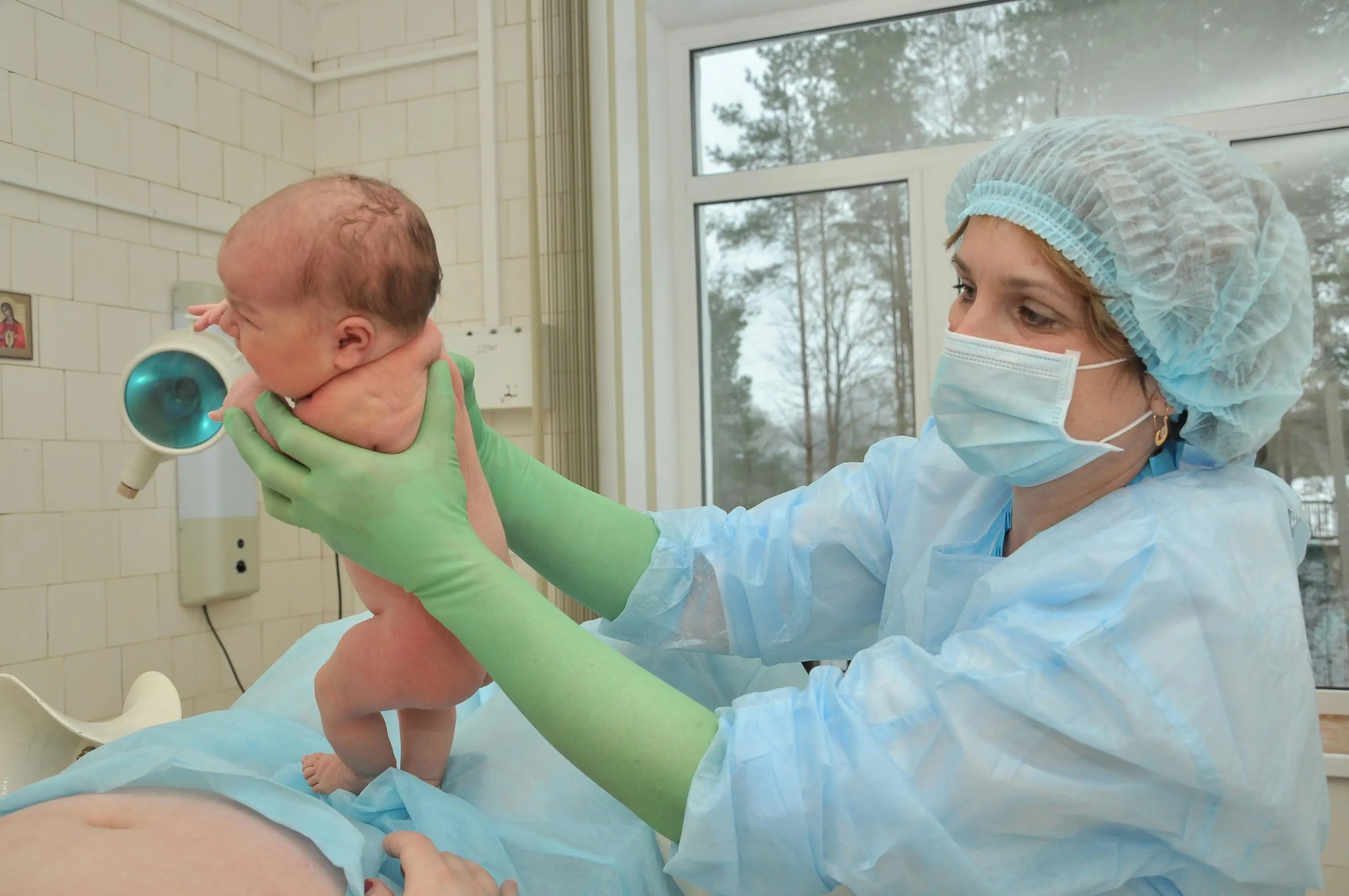
Labour is about to begin
After around 9 months, you will go into labour. You can choose to give birth in the hospital, at home or in a maternity hotel. Unless you suffer from medical complications. Then you will give birth in the hospital. On this page you can read what to expect during labour.
You give birth at home, in the hospital or in a maternity hotel
In the Netherlands, you get to decide where you want to give birth: at home or in the hospital. More and more people in the Netherlands choose a hospital birth. But if your pregnancy goes well and there are no problems, you can give birth at home.
Are you still living in the reception centre of the
Giving birth while living in a reception centre for Ukrainian refugees
Do you live in a reception centre? Then conditions are often not suitable for giving birth there. Therefore, as a Ukrainian pregnant woman, you may give birth in a birthing centre or in the hospital at no extra cost, accompanied by your own midwife.
Read more here about giving birth in a maternity hotel
This is how childbirth goes
Childbirth is different for everyone, but most deliveries begin between the 37th and 42nd weeks of pregnancy. Childbirth usually begins by your waters breaking and having contractions. About 15 percent of all deliveries start with the waters breaking, and about 85 percent of all deliveries start with contractions.
Your waters breaking
When your waters break, the amniotic fluid comes out of your vagina. From that point on, labour takes an average of 24 hours. Normally the amniotic fluid is colourless, but sometimes it can be green or brown, which means the baby has defecated in the abdomen.
You will have contractions
Contractions feel like the abdomen squeezing. It can resemble very intense periods of pain. This feeling comes on slowly at first and subsides again. After a while the contractions become more frequent and regular. From the time the contractions come every 3 to 5 minutes, a first labour lasts an average of 12 to 16 hours.
As soon as one of these 2 things happens, contact your midwife or hospital. They will then tell you what to do. This is pretty much what happens next:
You will start to dilate
You have to press
The baby is coming
Medical care after childbirth
After childbirth, the midwife or doctor will see if stitches are needed in your vagina. This is because during childbirth, your vagina can tear because otherwise the baby cannot get out. Sometimes, during childbirth, the doctor cuts a piece of the vagina to make childbirth go faster. This is normal and after childbirth we will see if you need care for this.
Communicating during childbirth
During childbirth, the doctor or midwife will listen to your wishes and feelings as much as possible. Express how you feel and what you like or do not like.
Are you giving birth in the hospital? In the Netherlands, you can discuss with the doctor during childbirth whether or not you want painkillers.